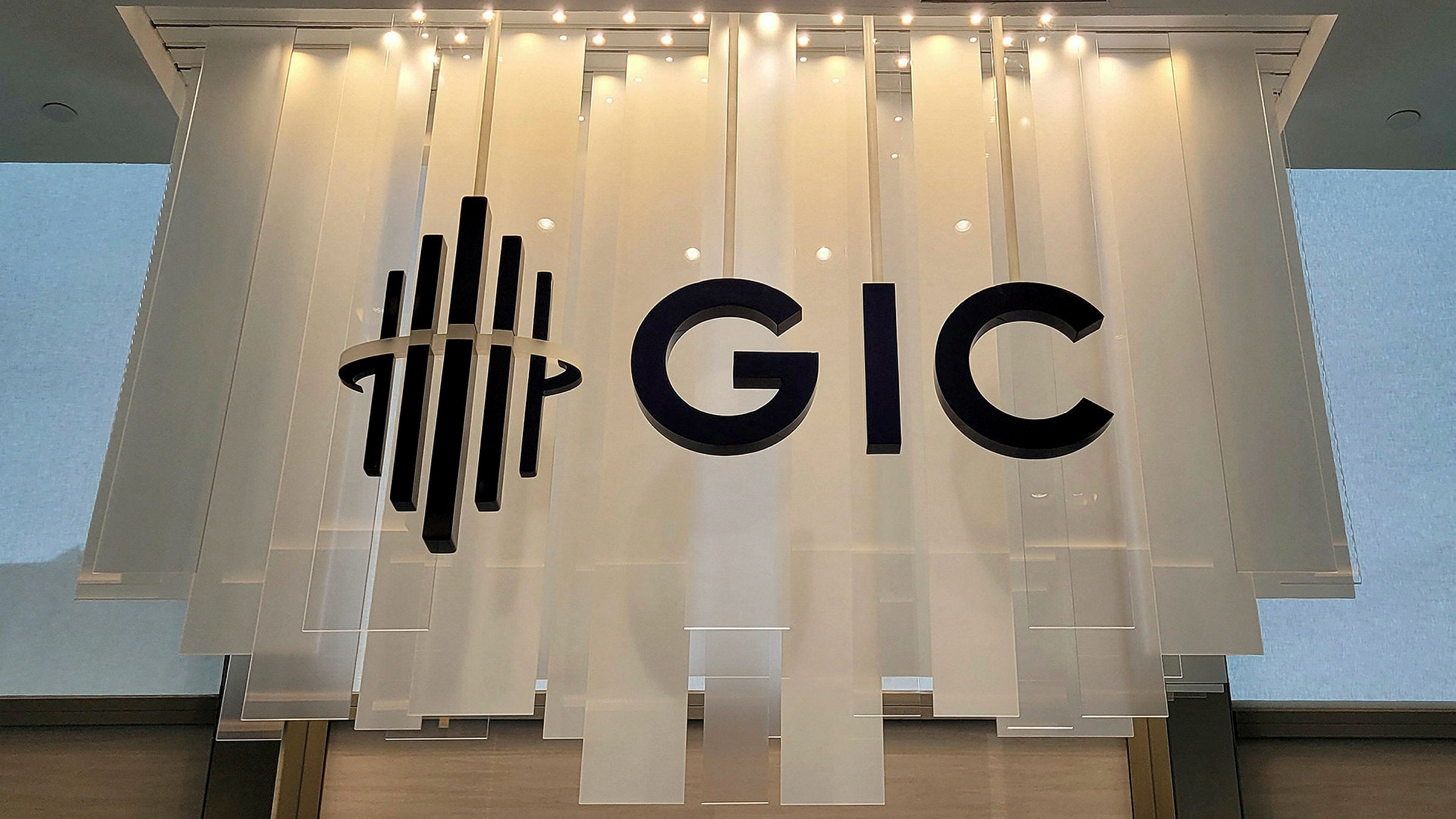Singapore’s sovereign wealth fund GIC has put the brakes on private investments in China as it steps up scrutiny of risks in the world’s second-biggest economy.
GIC, one of the world’s largest investors in private equity funds, has scaled back commitments to China-focused private equity and venture capital funds over the past year, five people with knowledge of the matter said. It has also significantly slowed the pace of its direct investments in private Chinese companies.
Although GIC was an early backer of China’s economic growth story, some of the fund’s most senior figures have struck a more cautious tone on investing in the country during internal discussions over the past year, two of the people said.
The fierce debate inside one of Asia’s most powerful sovereign wealth funds reflects concern over how some of Chinese President Xi Jinping’s policies might affect investors despite the end of zero-Covid curbs that hit growth last year.
“They have dramatically decreased investments,” said one executive who had sought to tap GIC for funds to invest partly in China, adding that the “pivot” came at a time when it was difficult for funds to find other places to invest on the same scale.
ITjuzi, a data provider that monitors investments in China, recorded just two direct investments in Chinese companies by GIC last year, down from 16 in 2021.
Executives and senior managers are uneasy about growing geopolitical risk from souring US-China relations and are concerned that Xi’s “common prosperity” drive to reduce economic inequality in the country could have unintended negative consequences, two people close to GIC’s decision-making process said.
GIC, chaired by Singapore’s prime minister Lee Hsien Loong, has an estimated $700bn under management and has reaped impressive financial returns from China over almost three decades.
But GIC’s investments in China, which it does not quantify, have been hit by the country’s property crisis and Beijing’s crackdown on its own tech companies. The fund has been a significant investor in Chinese real estate and owns a stake in Ant Group, whose planned $37bn initial public offering was halted by Chinese regulators in 2020.
The fund was “burnt bad” by the crackdown on Ant and has become wary of other unexpected moves from Beijing that could hit its investments or its ability to exit them, one of the people said.
Investors said GIC executives indicated they were pausing investments and slowing decision-making commitments to China but were open to future discussions.
“This is consistent with what many sovereign wealth funds and pension funds are doing,” one of the people said. “Don’t be surprised if they’re among the first to come back . . . they know China much better than others.”
Private equity and venture capital funds targeting China deals raised a total of $108bn in 2021, up from $23bn in 2010, according to Preqin data, a sign of how capital has flooded into the country as its economy has boomed.
But fundraising slowed globally last year, as investors became more cautious about locking up their cash in illiquid funds.
The size of GIC’s publicly disclosed stakes in listed Chinese companies, a more liquid investment, fell 4.4 per cent in the year to December 2022, according to Bloomberg data, though it has risen 11 per cent since. The data does not include stakes that are below disclosure thresholds.
GIC, which has offices in Shanghai and Beijing, said it still had “significant exposures” to China and that it “continues to explore long-term opportunities”.
A quarter of GIC’s overall portfolio was invested in Asia, excluding Japan, in the year to March 2022, according to its annual report.
The reductions in China came as GIC ramped up overall investment. It deployed $40.3bn last year, 17 per cent more than in 2021, according to industry tracker Global SWF.
Other large investors have also become more wary of China as tensions with the US rise. The Ontario Teachers’ Pension Plan has paused direct investing in private assets in the country, partly because of geopolitical risk, Bloomberg reported last month.





